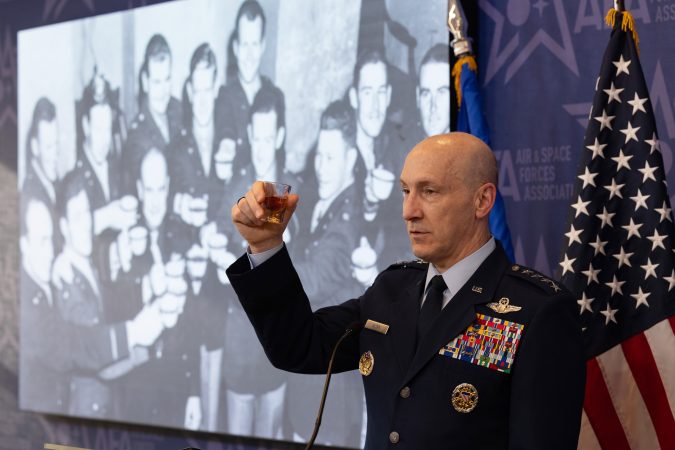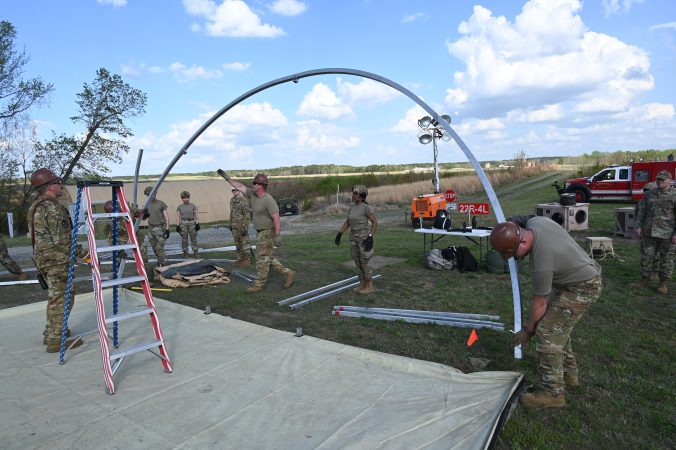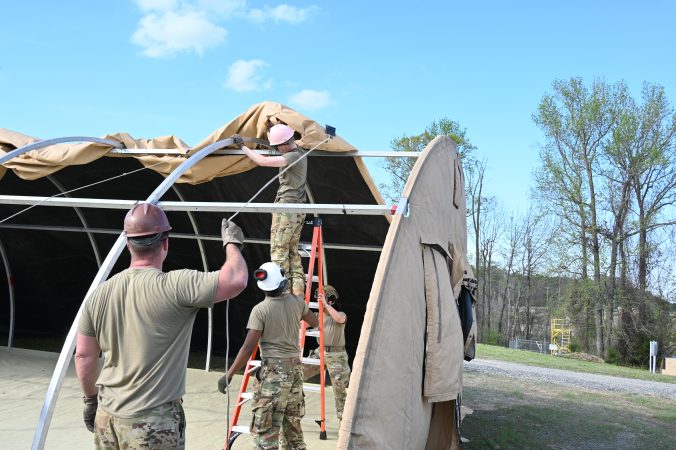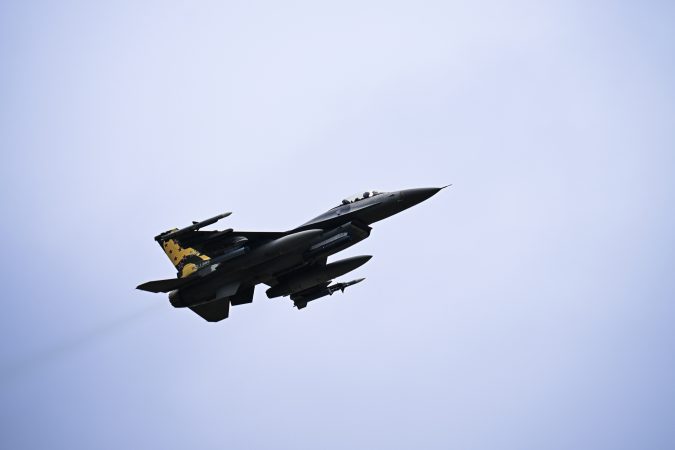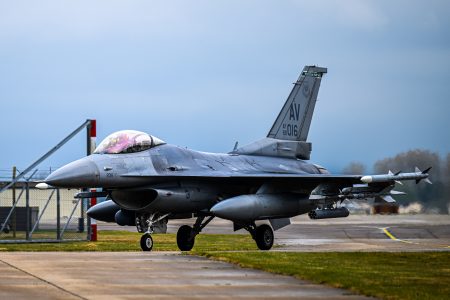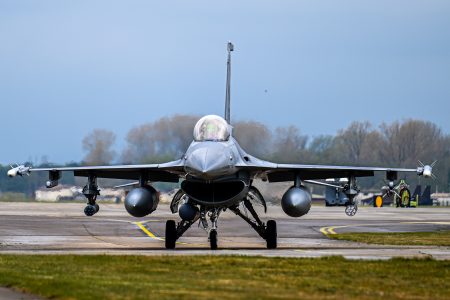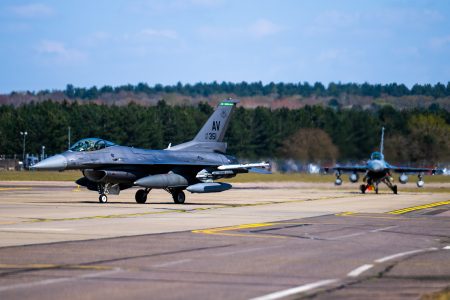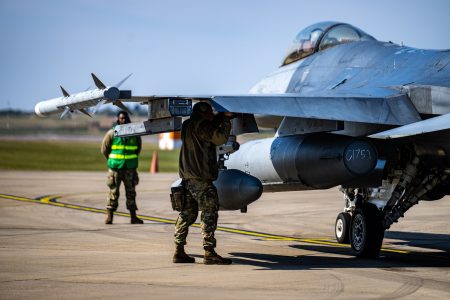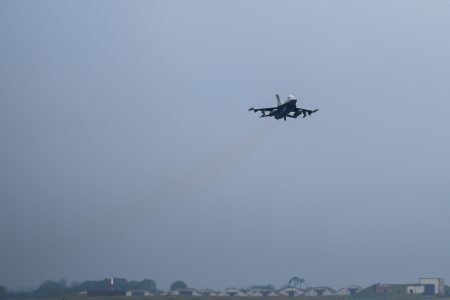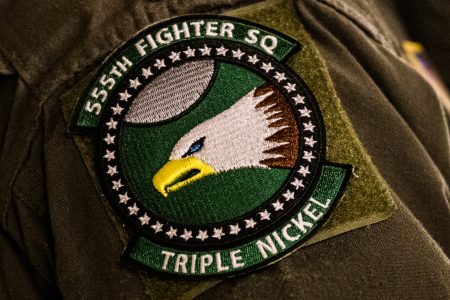Hundreds, or possibly thousands, of transgender service members have returned to work after two judges ordered preliminary injunctions blocking Defense Secretary Pete Hegseth’s ban of transgender service members and recruits. But the long-term future for transgender service members will remain uncertain until these and possibly other cases play out in the courts.
Two U.S. District Court judges, one in the District of Columbia and the other in the Western District of Washington state, each ordered preliminary injunctions in March, blocking the ban from being enforced pending judicial review of the legality of the order.
The Pentagon appealed both orders. The D.C. appeals court granted an administrative stay, putting the lower court’s ruling on hold March 27. But it did so with a caveat: The government may not start discharging transgender service members while the court continues to review the government’s request for an emergency stay. The D.C. appeals court will hear oral arguments on that question on April 22.
Meanwhile, the U.S. Court of Appeals for the Ninth Circuit, reviewing the other case, denied the government’s request for an administrative stay, then denied the government’s request for an emergency stay on April 18.
Following the March ruling, in order to comply with the injunction, the military services ordered back to work those transgender troops who had been placed on administrative leave prior to the order. They also suspended a policy requiring transgender military members to follow the dress, grooming, and physical fitness standards that applied to their birth sex. At the same time, the military paused both voluntary and involuntary separations for transgender troops, and lifted its hold on shipping transgender recruits to basic military training. A requirement that transgender members use the personal pronouns and bathrooms appropriate to their sex at birth was also suspended.
Now that the ninth circuit has denied the emergency stay, the ban cannot be enforced, said Shannon Minter, the legal director at the National Center for Lesbian Rights and one of the lead attorneys representing the plaintiffs in the D.C. case.
Oral arguments for a stay order, such as those scheduled for April 22, are unusual; such cases are usually decided based on written briefs, Minter said. “I think [the appeals judges] are just trying to be extremely careful and make sure they issue the most well-informed, thoughtful decision they can,” he said.
The government can still appeal to the Supreme Court for an emergency stay. Either way, fully resolving the case at that level could take years. A preliminary injunction blocking a 2017 attempt to limit transgender military service took two years to resolve, with the Supreme Court issuing an unsigned 5-4 decision to stay that lower-court ruling. A similar outcome is likely this time, as the court’s conservative majority has only grown since then.
There is no statute barring the military from discriminating based on gender identity, said retired Air Force Col. Joshua Kastenberg, a former Air Force judge now teaching law at the University of New Mexico.
“From a legal perspective of where the law is right now, the plaintiffs have a higher hill to climb than the administration does on this,” Kastenberg said.
For now, plaintiffs in the D.C. case, including 15 transgender troops and five recruits, would like to put the ban behind them and focus on work and training, said Jennifer Levi, senior director of transgender and queer rights at GLAD Law, which is also representing the plaintiffs. That could be more difficult for transgender troops who accepted voluntary separation offers from the administration earlier this year. All such separations are presently on hold.
“It remains a fraught time in limbo and every individual is facing different circumstances,” said Col. Bree Fram, a transgender Guardian who noted she was sharing her personal views and not speaking on behalf of the Space Force or the government.
The Ban
President Donald Trump issued an executive order soon after his inauguration requiring the Pentagon to establish rules barring transgender individuals from military service. “It is the policy of the United States Government to establish high standards for troop readiness, lethality, cohesion, honesty, humility, uniformity, and integrity,” the order states. “This policy is inconsistent with the medical, surgical, and mental health constraints on individuals with gender dysphoria.”
Gender dysphoria refers to the stress or anxiety people can feel, sometimes to severe levels, when their gender identity does not match the sex or gender they were assigned at birth. Not all transgender individuals feel gender dysphoria, but for those who do, transitioning to a different gender can help, according to the American Psychiatric Association. Transitioning can be accomplished through behavioral changes, such as dress and mannerisms, or through medical interventions, such as hormone replacement therapy or gender-transition surgery.
In February, a senior defense official said there were 4,240 service members known to be diagnosed with gender dysphoria, and about 1,000 members have received gender-transition surgery since 2014; it is unclear how many of them are still serving. But not all transgender troops are diagnosed with gender dysphoria, and not all those who do receive surgery. Estimates of the number of transgender individuals currently serving in the military range from between 1,320 and 6,630, according to a RAND study, to 15,500 according to the Williams Institute at the UCLA School of Law, which bills itself as “the leading research center on sexual orientation and gender identity law and public policy.”
There are no systems for tracking precise numbers of transgender service members, said Alex Wagner, who was Assistant Secretary of the Air Force for manpower and reserve affairs from 2022 to January 2025. “There are only two sexes specified in [the Defense Enrollment Eligibility Reporting System], and our uniform, grooming, and PT standards are based on those,” Wagner said.
Courts generally defer to the military’s judgment on matters of national security, wrote judges Ana Reyes and Benjamin Settle, of the D.C. District Court and the Western District of Washington, respectively. In this case, however, they decided that deference was “unjustified” considering the possible harm to the plaintiffs’ livelihood, the alleged violation of equal protection and due process guarantees under the Fifth Amendment, and what they described as a lack of evidence to prove the government’s case.
The government agrees “that Plaintiffs are mentally and physically fit to serve, have ‘served honorably,’ and ‘have satisfied the rigorous standards’ demanded of them,” Reyes wrote in her opinion. “Plaintiffs, they acknowledge, have ‘made America safer.’ So why discharge them and other decorated soldiers? Crickets from Defendants on this key question.”
Reyes, a Biden appointee, issued her injunction March 18, and Settle, who was appointed by then-President George W. Bush, issued his March 27.
Between the two cases, the plaintiffs included a Navy fighter pilot, an Army Special Forces medic, an Army artillery officer, an Air Force weapons officer, a Space Force satellite operator, and an ammunition loader on an AC-130 gunship, among other troops.






